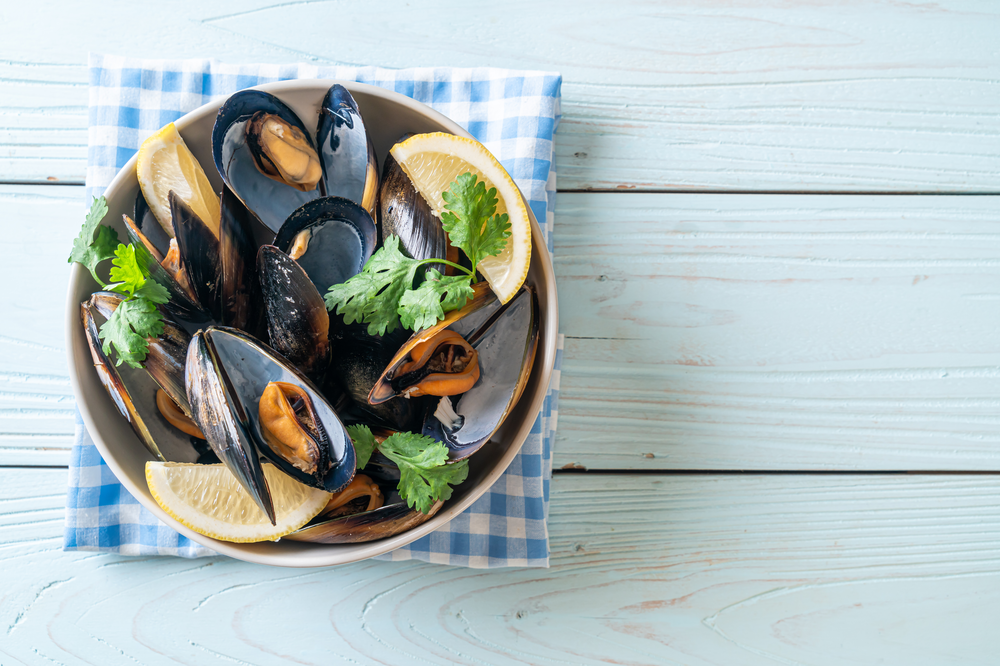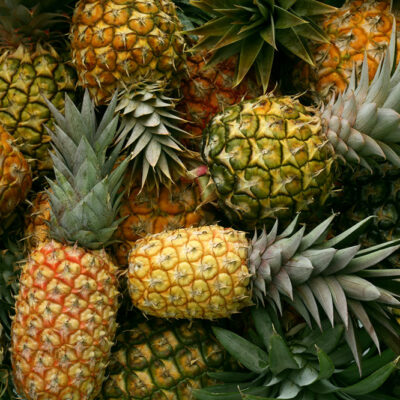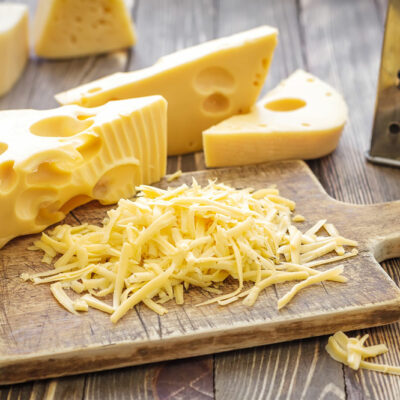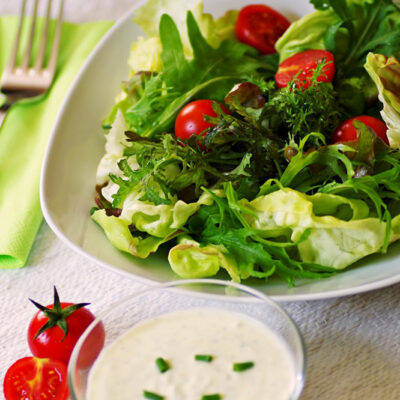
Foods to Avoid with Breathing Issues
Medication & Treatment Options
When a patient is diagnosed with chronic illness such as chronic obstructive pulmonary disease (or COPD), asthma, nontuberculous mycobacterial NTM lung disease, MAC lung infection, Respiratory Syncytial Virus (RSV) infection, or nasal polyps, doctors will often suggest certain lifestyle changes to help manage the condition better. One of the major changes is often dietary in nature. By paying attention to the body and switching to healthier foods, patients are often able to control cravings, boost nutrition, and improve overall health. In addition to maintaining a proper diet, medications like Robitussin, Theraflu, Stiolto, Flonase, and Afrin can help relieve chronic symptoms. The following are specific foods included in the NTM treatment guidelines to avoid if you suffer from breathing issues such as asthma attacks, these include:
1. Eggs
People with egg allergies are often advised to avoid any baked goods or dishes containing eggs if they show even minor egg allergy signs such as swelling, hives, and swelling of the face and throat. Severe cases of egg allergies can trigger anaphylaxis, a life-threatening symptom that can stop breathing and render you unconscious. To be on the safe side, it’s best to avoid eggs.
2. Peanuts and tree nuts
The most common allergic foods are peanuts and tree nuts. In most cases, those allergic to tree nuts are also allergic to peanuts. The most common nuts include macadamia, pistachios, cashews, Brazil nuts, hazelnuts, walnuts, and pecans. When someone with a nut allergy consumes nuts, the body produces chemicals known as histamines, which manifests in symptoms such as trouble breathing, wheezing, coughing, sneezing, and throat tightness. Like other food allergies, an acute reaction to nut allergies can lead to anaphylaxis, which can prove fatal if not addressed promptly.
3. Gluten
Consuming gluten is particularly dangerous to patients with celiac disease. Gluten-causes an allergic reaction that causes the tonsils to enlarge and the throat and neck muscles swell, causing difficulties in breathing. It is also known to alter epithelial tissue in the body, including that of the lungs, which poses a potential danger to the respiratory system. Continued consumption of gluten-rich foods can also cause inflammation in the lungs, respiratory infections, difficulty breathing, clogged sinus, post-nasal drip, chest tightness, and can also trigger an asthma attack.
4. Cow’s milk
Like eggs, cow’s milk has the potential of causing anaphylaxis, a life-threatening event where the airways narrow, causing breathing cessation. This is common among adults and children who are allergic to milk protein, known as casein. You should also note that the process of breaking down milk and milk products during digestion can increase the amount of phlegm and mucus produced by the body. This will, in turn, cause wheezing and breathing issues, especially for COPD patients.
5. Shellfish
The name shellfish is an umbrella term used to refer to marine animals such as mussels, oysters, crab, lobster, shrimp, and scallops. Different people react differently when they consume marine animals; some react to all types of seafood while others react to specific shellfish. Nevertheless, patients with asthma and other underlying breathing issues are advised to avoid seafood. Some of the allergy signs of eating-shellfish include wheezing; trouble breathing; nasal congestion; itching; swelling of throat, tongue, lips, and other parts of the body. In cases of an acute allergic reaction, consuming seafood can cause an anaphylaxis reaction, which requires an emergency treatment of epinephrine and a visit to the doctor immediately.


